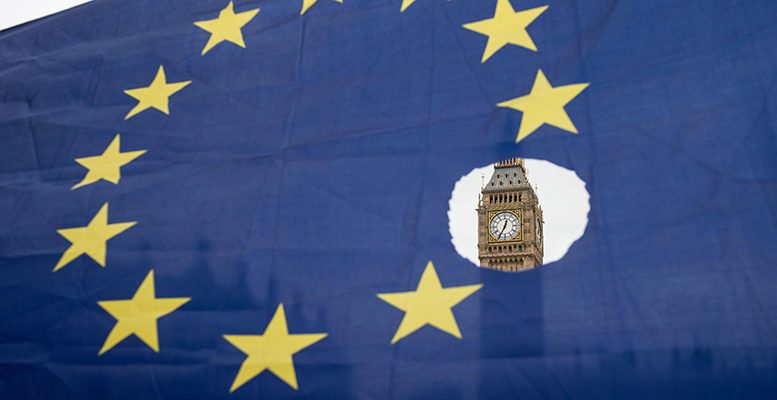J. P. Marín-Arrese | The Brexit option won the day some years ago by a handful of votes. The aftermath struggle drifted to Parliament opposing those calling for quick delivery, emboldened by their unexpected success, and those dragging their feet in the hope British people might recover their common sense in future. Theresa May infuriated Brexiteers by striking a deal leading to a blind alley, while Remainers adamantly refused to endorse any step severing the UK from the EU. Attempts by many MPs on both sides of the House to devise a softer exit failed. Jeremy Corbin’s dwindling mood contributed to sap the chances of building a fair alternative to Ms May discomfiture.
Now, the bitter confrontation will face the verdict of the ballot in the forthcoming General Elections. In this hardly-disguised new referendum, a hard Brexit seems likely to prevail. After so many months, even years, of agonising delay those eager to pull out of the European jungle dismiss as mere rubbish any evidence of short-term disruption and welfare dwindling prospects such a reckless decision would inflict. All they want is fast delivery and no one better placed than Boris to capitalise on their anger and frustration.
The Opposition will battle divided between staunch defenders of the Remain option, such as Liberals, SNP or the Greens, and a wavering Labour drifting into irrelevance as it tries to square the circle finding middle-of-the-road way-outs. Farage only represents a limited nuisance after offering unconditional support to Boris. Running a “divide et impera” campaign, Mr Johnson has a fair chance to secure premiership, enjoying unprecedented command over his Party after performing a large-scale purge in his Night of the Long Knives. Let’s get ready for that scenario.
Boris fires up his followers by conducting himself as an unhindered predator, ready to bully and heap scorn on all those daring to challenge him. He can claim credit to a short yet intense record of disdain for the House of Commons and even the Courts. But, in practice, he tends to play safe hands behaving more like a bear than a lion. If red lights blink at an imminent hard Brexit, he will readily break his promises undertaking departure at a snail’s pace. Preventing his popular support from crumbling requires a timely, yet smooth break-off. In other words, he needs extra time and ample fresh resources to avoid the devastating impact of a crash-landing exit.
Ms Merkel and other prominent EU leaders share similar concerns. Thus, even if Boris cannot fool his Continental colleagues, their common concern will help to defuse the prospect of a disorderly Brexit. A reasonable stand-still period plus arrangements to ensure swift frontier checks could perform the trick for the time being. In a long-time perspective, both sides will suffer from decoupling their trade policies. In particular, UK manufacturing is poised to grieve as investments flee to the wider Continental market. Such a nose dive might tempt to turn the island in a filibuster fiscal haven, in a desperate attempt at buttressing the ailing economy. Yet, unleashing a tax war with the EU could trigger harsh retaliatory action, forcing to shift the black flag for a white one.
Mr Johnson is right in pointing to uncertainty as the most damaging side-effect of the current deadlock. But, triggering a hard Brexit can only feed that sentiment as the UK enters in wholly unchartered territory. It would entail hasty decision-making for shaping the future, any false step potentially leading to disaster. In the meantime, the EU might lose its patience and dislodge such a bothersome guest into its backyard, unless the UK chooses to loiter around an empty limbo.





